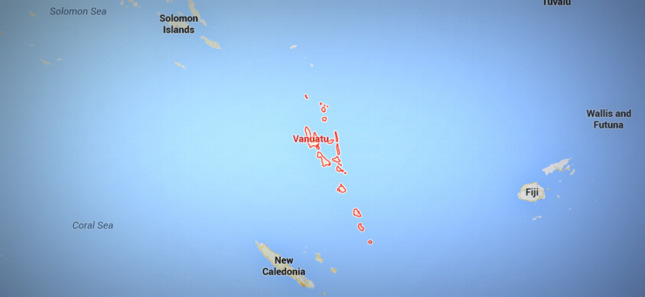 Many thanks to SWLing Post contributor, Richard Cuff, who shares the following article from The Saturday Paper. The article speaks to how important radio
Many thanks to SWLing Post contributor, Richard Cuff, who shares the following article from The Saturday Paper. The article speaks to how important radio
is to Pacific Islanders, and the challenges Radio Australia faces with its budget:
“For many Pacific islanders, newspapers are a luxury item. On average, each newspaper in the Pacific will be read by seven people, which helps explain why the daily paper’s print run is so low. While mobile phones are ubiquitous – top-up booths can be found in the most remote areas of the Pacific – the cost and patchy coverage of internet and TV mean radio is still the most accessible form of media.
“…?radio remains the main staple medium for the Pacific,” says Suva-born Francis Herman, who has worked in the Pacific media industry for more than 30 years as journalist, broadcaster and pre-coup CEO of the Fiji Broadcasting Corporation. “Radio stations across the Pacific are actually opening up.”
I’m speaking to Herman from a conference phone in the Pacific Media Assistance Scheme (PACMAS) office at Port Vila, where Herman works as program manager. PACMAS, a four-person team funded by the Department of Foreign Affairs and Trade (DFAT) and supported by ABC International Development, works with local and Australian media to deliver 74 programs in media training and development throughout the 22 Pacific islands.
[…]The Australian government’s lack of regard for the development of international media was made clear last year by the cancellation of a 10-year $220 million contract to deliver the international broadcasting service, Australia Network, to the Asia-Pacific region. The most worrying effect of this cut for many was the ABC’s decision to compensate for their losses by ravaging Radio Australia.
After axing three correspondents and Pacific-focused programs, Radio Australia content was replaced by translated domestic ABC programming, restricting the interaction of Radio Australia in the region and the news Australians were getting back from it.
“If the story doesn’t fit the paradigm of paradise (swaying palm trees, blue water, sandy beaches) or paradise lost (coups, corruption, climate change), voices from the islands rarely get a run,” wrote past Radio Australia correspondent Nic Maclellan for Inside Story shortly after the cuts were announced.
Shallow international content doesn’t bode well for the development of Pacific media, with a 2013 PACMAS study showing that while Ni-Vanuatu journalists self-censor to avoid retaliation from the government, they will still run investigative pieces from other news outlets.[…]”
Click here to read the full article on The Saturday Paper website…
